
The casting of Jodie Turner-Smith as Queen Anne Boleyn in the AMC series “Anne Boleyn” has sparked intense debate since its announcement, with many labeling the decision as a “woke” move by the show’s creators. Turner-Smith, a British actress of Jamaican descent, portrays the iconic second wife of King Henry VIII, a historical figure traditionally depicted as a fair-skinned Englishwoman. The choice to cast a Black actress in this role has ignited discussions about historical accuracy, representation, and the evolving nature of storytelling in modern media, with opinions sharply divided between those who see it as a progressive step and others who view it as a departure from historical authenticity.
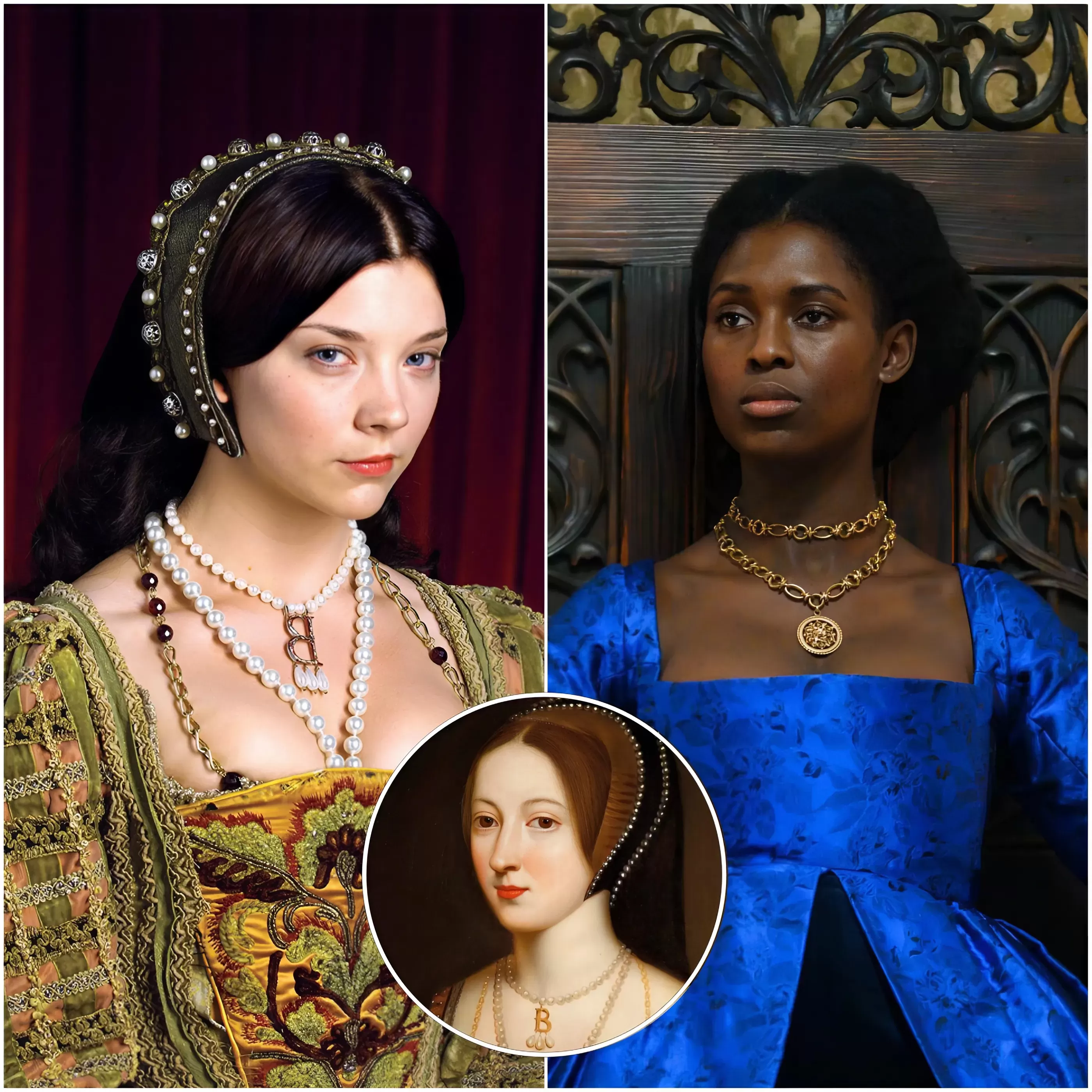
The AMC series, which aired in 2021, takes a fresh look at Anne Boleyn’s life, focusing on her perspective as a woman navigating the treacherous political landscape of the Tudor court. Turner-Smith’s portrayal emphasizes Anne’s intelligence, ambition, and resilience, qualities that have long defined her legacy. However, the casting decision has overshadowed much of the show’s narrative, with critics arguing that it prioritizes contemporary social agendas over historical fidelity. Anne Boleyn, born in 1501, was the daughter of Thomas Boleyn, an English nobleman, and her appearance has been documented in historical records and portraits as typically European. For many, the decision to cast Turner-Smith feels like a deliberate attempt to challenge traditional casting norms, aligning with broader cultural movements advocating for diversity and inclusion in media.
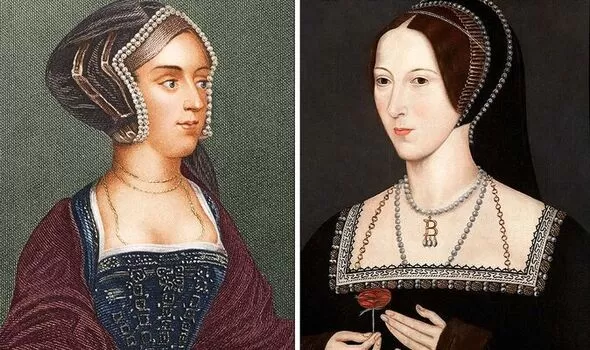
Supporters of the casting argue that historical dramas have always taken creative liberties, and Turner-Smith’s casting is a bold step toward reimagining history through a more inclusive lens. The show’s creators have defended their decision, stating that the series aims to explore universal themes of power, gender, and betrayal, rather than provide a strictly accurate historical reenactment. They emphasize that Turner-Smith was chosen for her acting prowess and ability to embody Anne’s complex character, not as a statement on race. In interviews, Turner-Smith herself has spoken about the significance of the role, noting that it offers an opportunity to humanize Anne Boleyn and present her story to a new audience. She has also addressed the backlash, encouraging viewers to look beyond physical appearances and focus on the emotional truth of the character.
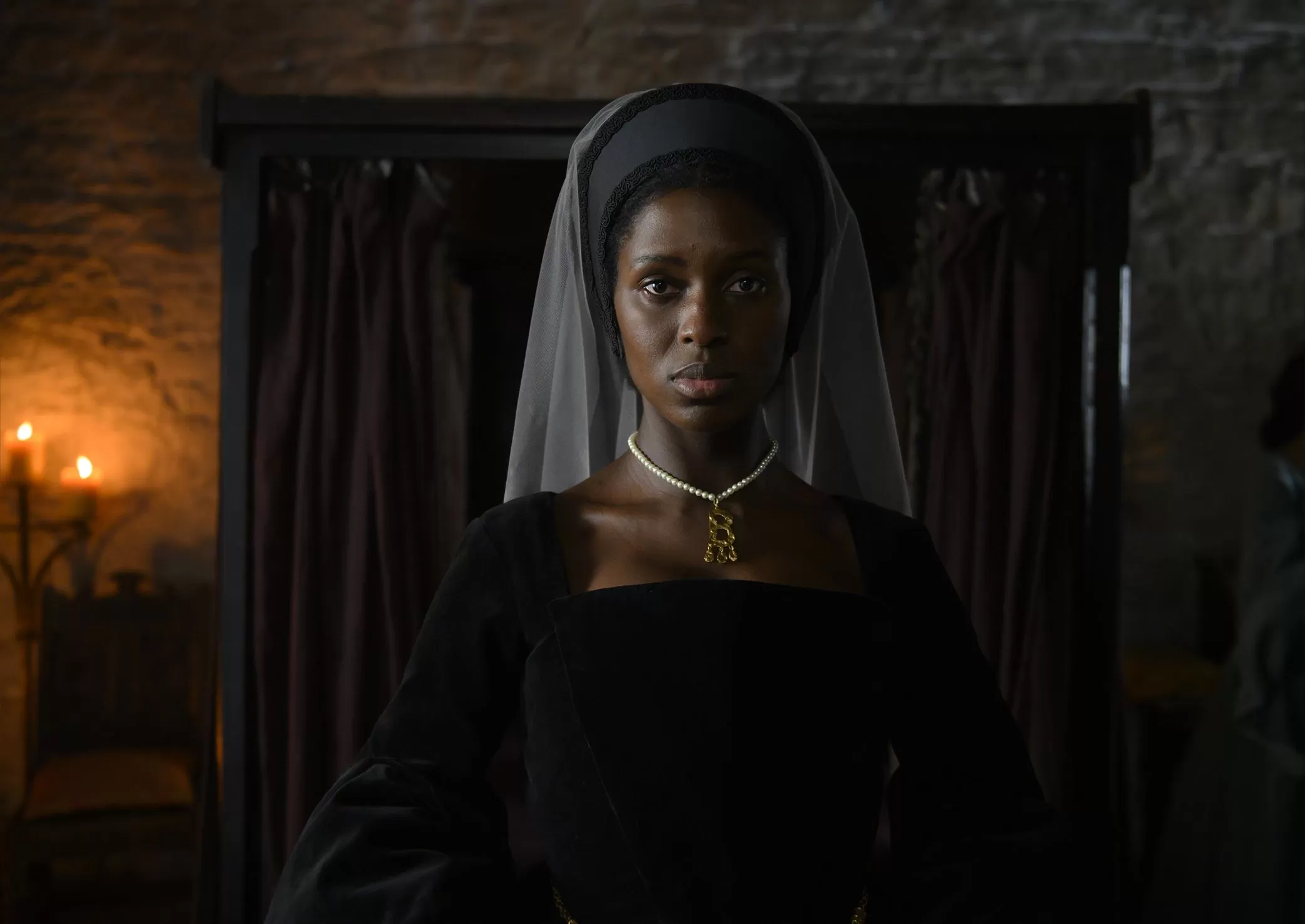
The controversy surrounding Turner-Smith’s casting reflects broader tensions in the entertainment industry about how history is represented on screen. In recent years, there has been a growing push for diversity in casting, with projects like “Bridgerton” and “The Great” embracing colorblind casting to create more inclusive narratives. These shows have been praised for their fresh takes on historical periods, but they have also faced criticism from those who feel that such choices distort the past. For detractors of the AMC series, the casting of Turner-Smith as Anne Boleyn crosses a line, as it involves a well-documented historical figure whose physical appearance is a known part of her identity. Some have taken to social media to express their frustration, arguing that the decision undermines the authenticity of the story and panders to modern sensibilities at the expense of historical truth.
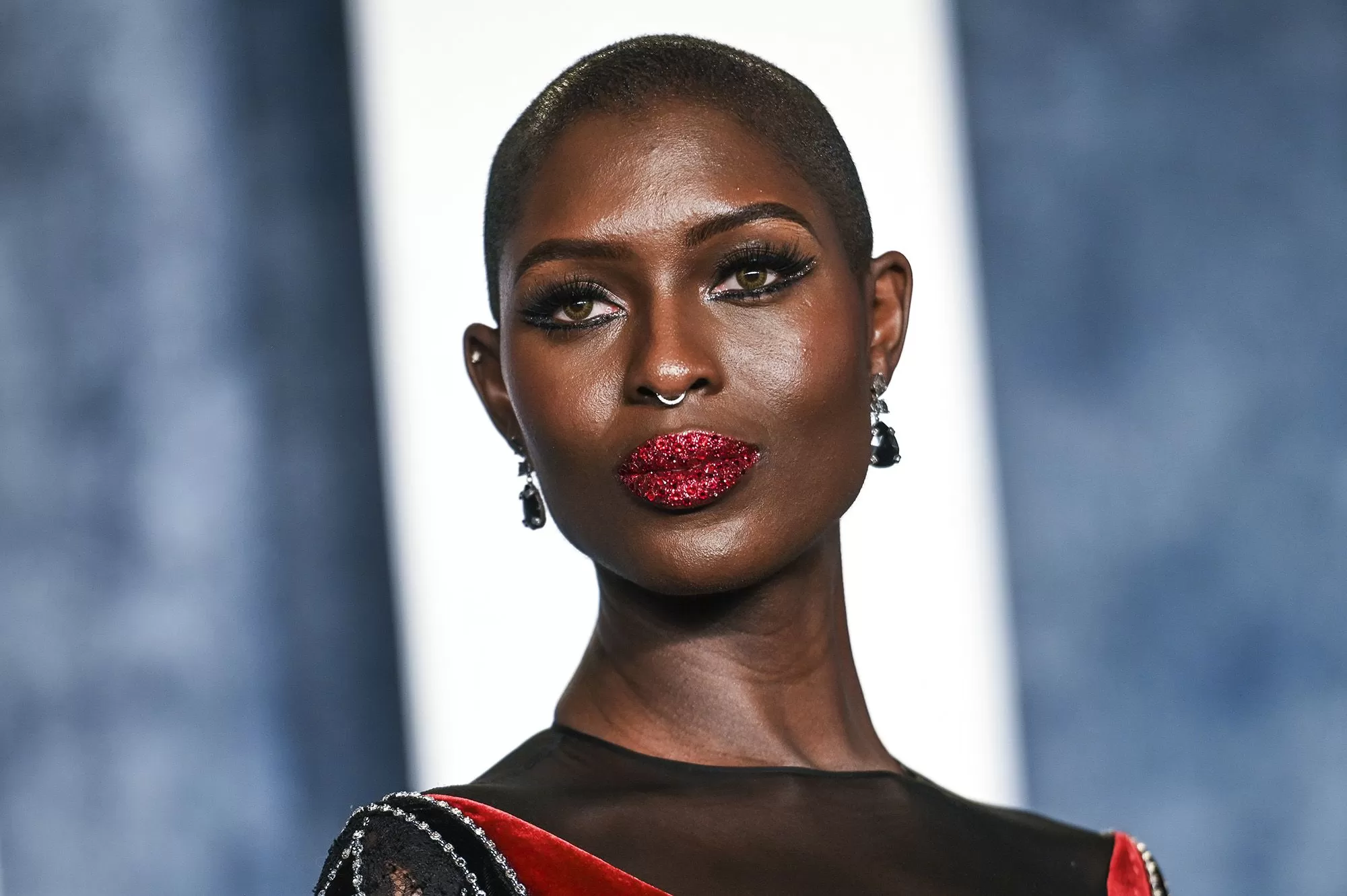
On the other hand, many fans and cultural commentators have celebrated the casting as a meaningful step forward. They argue that history has often been whitewashed in media, with non-white perspectives and stories sidelined for centuries. By casting Turner-Smith, the series challenges the default assumption that historical European figures must be portrayed by white actors, opening up a dialogue about who gets to tell these stories and how they are told. For some viewers, seeing a Black actress in such a prominent role is empowering, offering a new perspective on a figure like Anne Boleyn, whose story of ambition and tragedy resonates across cultural boundaries.
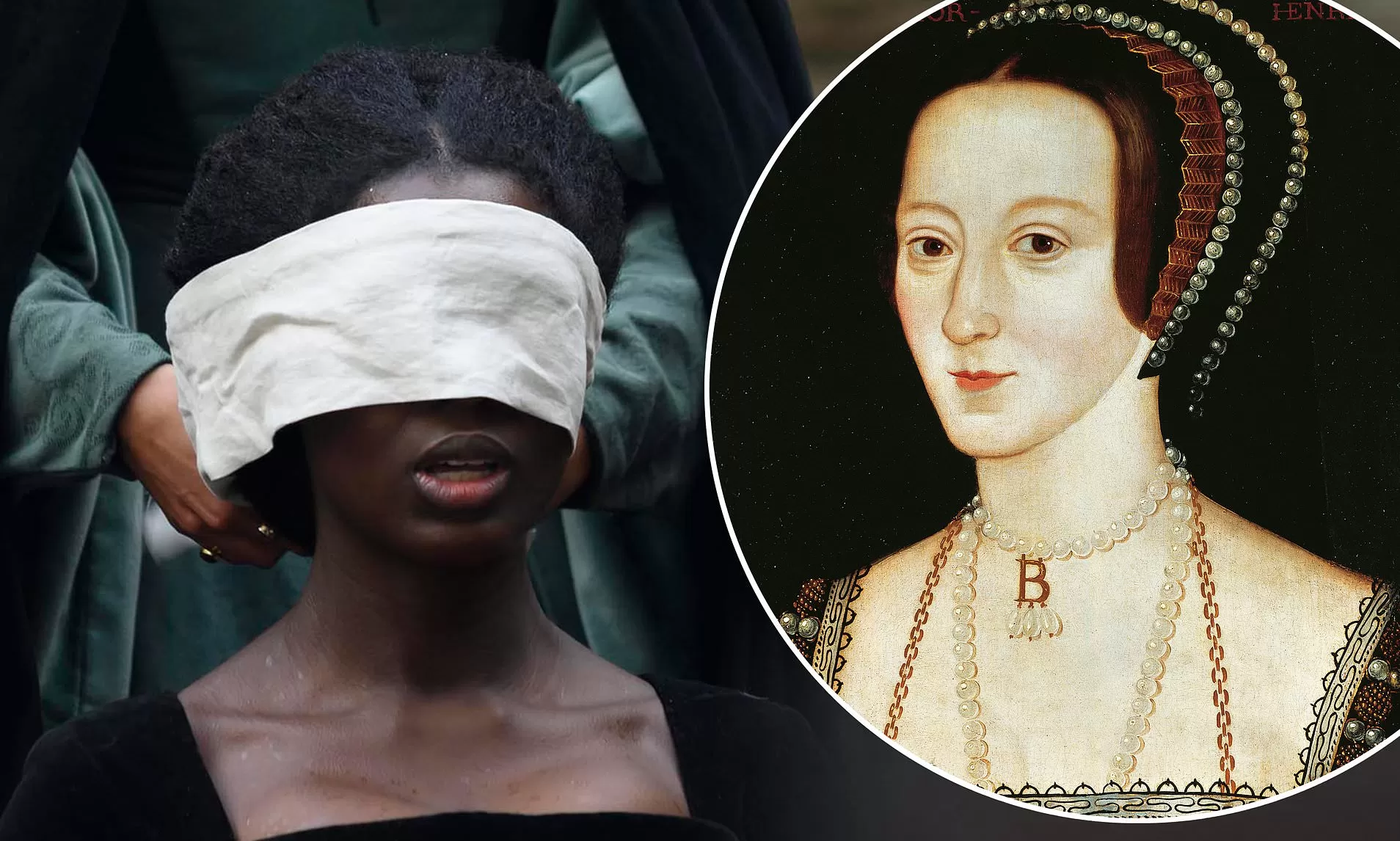
As the debate continues, the AMC series has undeniably succeeded in bringing renewed attention to Anne Boleyn’s legacy. Whether viewed as a groundbreaking reimagining or a controversial misstep, Turner-Smith’s portrayal has sparked important conversations about representation, history, and the role of art in reflecting societal values. The show may not satisfy purists, but it has undeniably made an impact, forcing audiences to confront their assumptions about the past and the stories we choose to tell about it. In an era where diversity in media is more important than ever, “Anne Boleyn” stands as a bold, if divisive, experiment in redefining historical narratives for a modern audience.